WHAT I’VE LEARNED | Anthony Hamilton Russell
Anthony Hamilton Russell is the owner of Hamilton Russell Vineyards in Hemel-en-Aarde, at the very southern reaches of South Africa. There, by focusing solely on Pinot Noir and Chardonnay, he has been able to make the reputation not just of his family winery, but the whole region. Today he also runs the Ashbourne and Southern Right brands, which produce Sauvignon Blanc and Pinotage wines, among others
‘We’ve always had a spirit of rebelliousness in the family. My great great grandfather was British, and was Lord Chancellor of Ireland in late 1800s. His eldest son converted to Catholicism and moved to France to conspire for home rule for Ireland. Meanwhile his daughter, Violet Gibson, my great great aunt, also converted to Catholicism, and moved to Italy, where she shot at (and missed) Mussolini at a public event. She was whisked out of country and lived out the rest of her days in a psychiatric hospital.’
‘In my generation, there was a family ethic of resistance to South Africa’s apartheid regime. My uncle was part of an underground resistance movement, and went to jail as a result; my grandfather was an opposition MP who walked out of parliament in protest at the “detention without trial” law.’
‘South Africa in the 1980s was a pretty nasty place to be. I was lucky enough to have an Irish passport so I came to work in the UK, with no real intention of going back. I intended to make a career in London, but [Nelson] Mandela’s release opened by mind to the idea of returning. Ultimately, South Africa is in my blood – and I was homesick.’
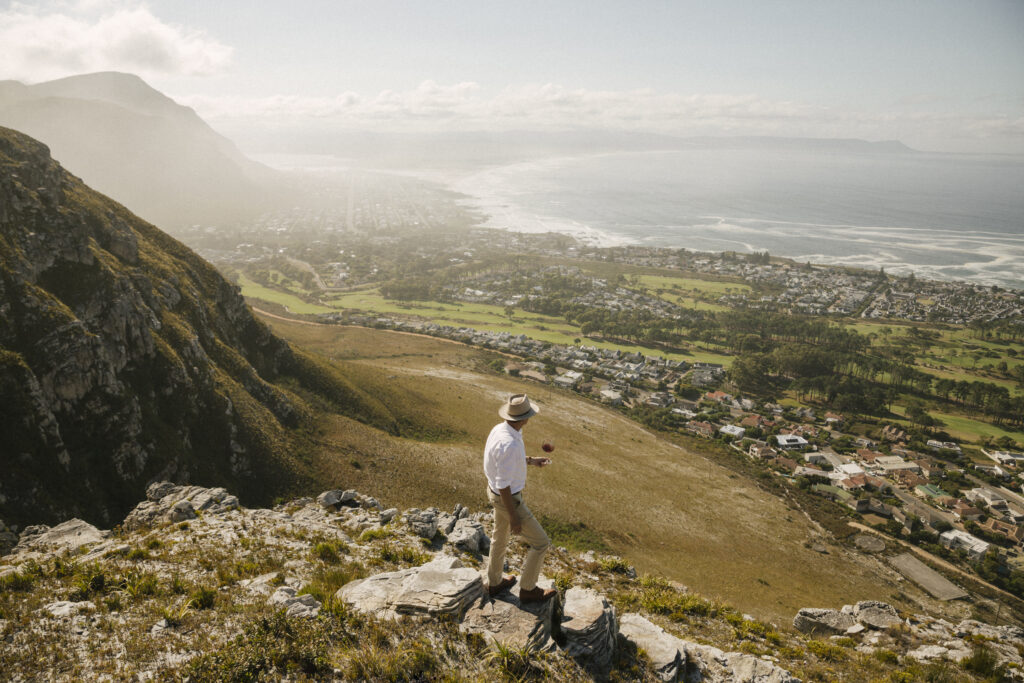
‘My father had started Hamilton Russell Vineyards, but my salary in London, aged 29, was larger than the turnover of the winery at the time – and it had quite a few employees. I took over in 1991. I expected to be poor, but I figured I’d rather be poor and happy, doing something I loved and felt emotionally connected to, than doing something that was reasonably well paid but felt soulless.’
‘The country was not in a good place. The economy was in a terrible place, and we struggled at first. We used to cut the faxes in half so that we didn’t pay for the transmission of paper that had nothing written on it.’
‘I bought the business from my dad, in 1994. He needed something to retire on and it sanitised the handover with other family members. I’m one of four, so it avoided the bickering that comes with multiply-owned pieces of land. If you share a partner with several people you’re not going to love them quite as much, whereas a single owner can put everything into it, and nurse it and love it for the next generation.’
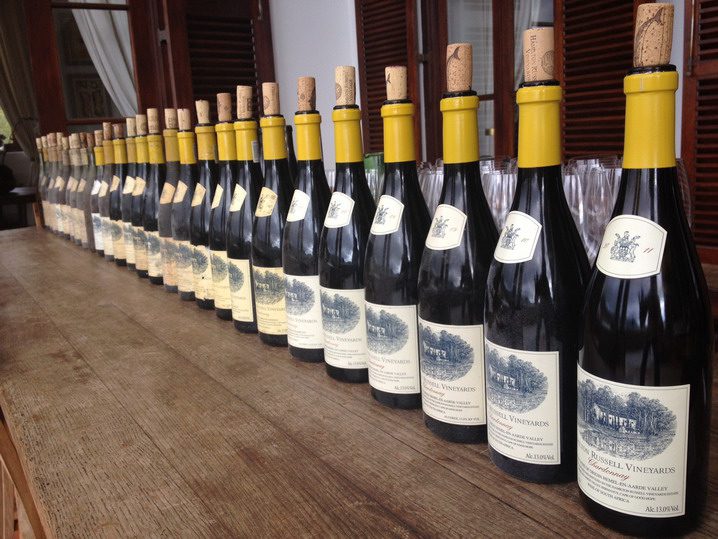

‘There was a moral resistance to South Africa wine overseas because of the legacy of apartheid, and exporting wasn’t an option at first. Even then, the process wasn’t about the quality of the wine. Instead, we had to convince people that we were not part of that problem. A lot of the wine industry is historically Afrikaan, but that community has since done so much to invest in and lift up other communities, through skills, education, employment. But it takes time for that message to come through. It’s the same with the wines – there’s a trickle-down from critics like Tim Atkin, Jancis Robinson, Neal Martin, and the industry is starting to recognise the quality of what we’re making. But it takes time.’
‘The best decision I ever made was focusing solely on Pinot Noir and Chardonnay, instead of 11 different varieties. It was a difficult path to take in the short-term, but it built long-term credibility and set things up for the future generations. People know exactly what we stand for.’
‘For a while, I tried hard not to refer to Burgundy at all. We need our own identity, but it’s impossible not to use it as a reference point if you’re making Pinot and Chardonnay, especially to give people an idea of your stylistic leaning. Our style is not the typical New World style. We’re closer to Burgundy than we are to Russian River or Oregon or Central Otago. Not because we want to copy Burgundy, but because fate and site afforded us that possibility.’
‘I needed to communicate what we do, because let’s face it, nobody’s leafing through wine lists anxiously looking for Hemel-en-Aarde. So referencing Burgundy is a communication simplifier. But it’s also a mild admission of defeat in not better communicating what makes us unique – we need to move beyond comparisons. It’s too defensive. If we don’t have an identity that goes beyond Burgundy, we’ve lost.’
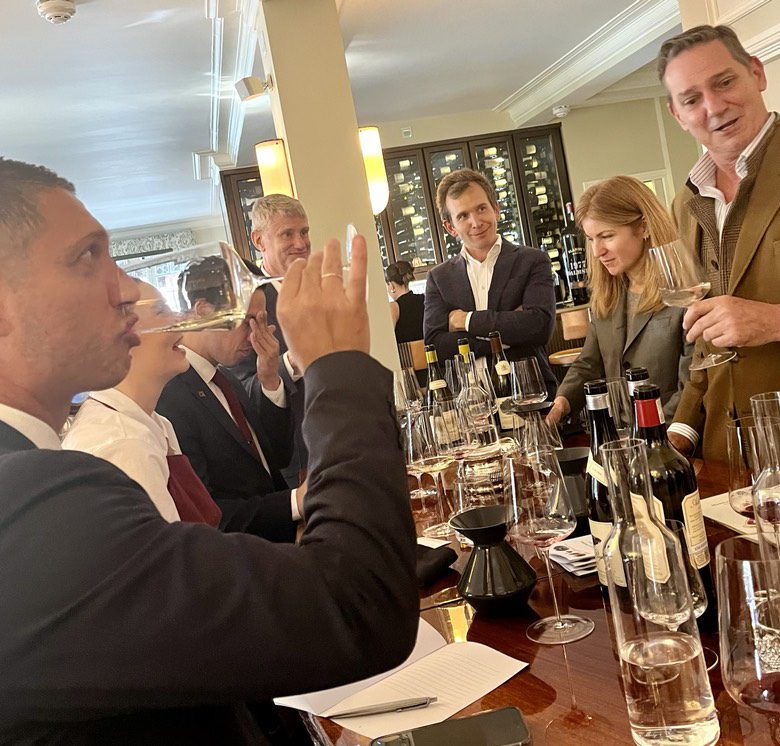

‘I’m a big proponent of cork as a closure. Fifteen years ago, the levels of cork taint were inexcusable. And it’s hard to justify knowingly sending out a defective product. But in tastings at the property, we’ve had only two corked wines since 2020. And there’s no doubt that cork is a better product for the environment in terms of CO2 offset vs the energy that goes into making screwcaps.
‘I’ll be honest, though – my major motivation is around aesthetics and tradition. Wine is a thing of beauty. We accept bottles, which are hugely impractical, expensive, heavy, brittle, and hard to store. They’re a ridiculous product, and really we should be using Tetrapak. But where’s the beauty in that? It’s the same with closures. If I look at a screwcap, I don’t feel that beauty. Whereas cork, it’s the bark of a tree – how beautiful is that?
‘Thirty years ago, we were the only winery in Hemel-en-Aarde. Now there are 28. Four of them were started by my ex-staff. Being part of creating the Hemel-en-Aarde appellations has been hugely rewarding. Yet in South Africa we are limited by the size in which we can reference the place on the label. That’s not right. I need to test it, come to think of it. I’d like to leave Chardonnay off completely and say “this is a white wine from Hemel en Aarde”, but it wouldn’t work internationally.’
‘I don’t mind a bit of reduction on Chardonnay but I can’t be doing with all these New World Coche-Dury wannabees who just ferment with a load of solids and don’t rack. That’s not terroir.’
‘We don’t judge people by their nationality – but we do with wines. Take Pinotage. There’s so much prejudice against it. First it was vilified, now it’s just ignored. It deserves so much better.’
Not a 67 Pall Mall Member? Sign up to receive a monthly selection of articles from The Back Label by filling out your details below
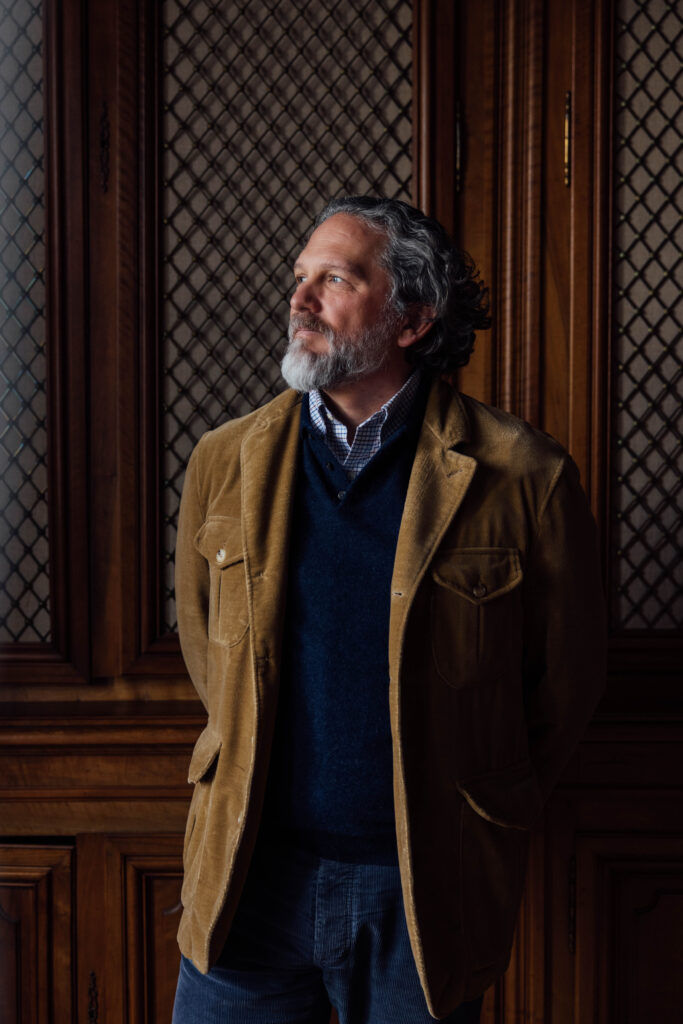

TWO
MINUTES
WITH
Axel Heinz, Château Lascombes
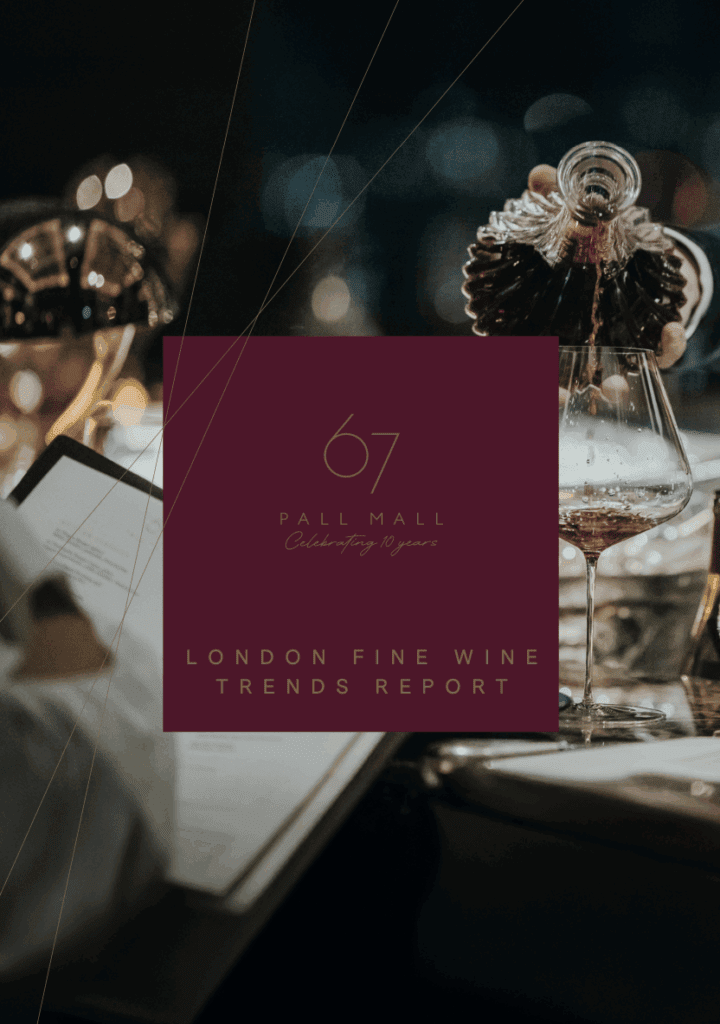

UNDER
THE
SURFACE
67 Pall Mall London’s first Fine Wine Trends Report
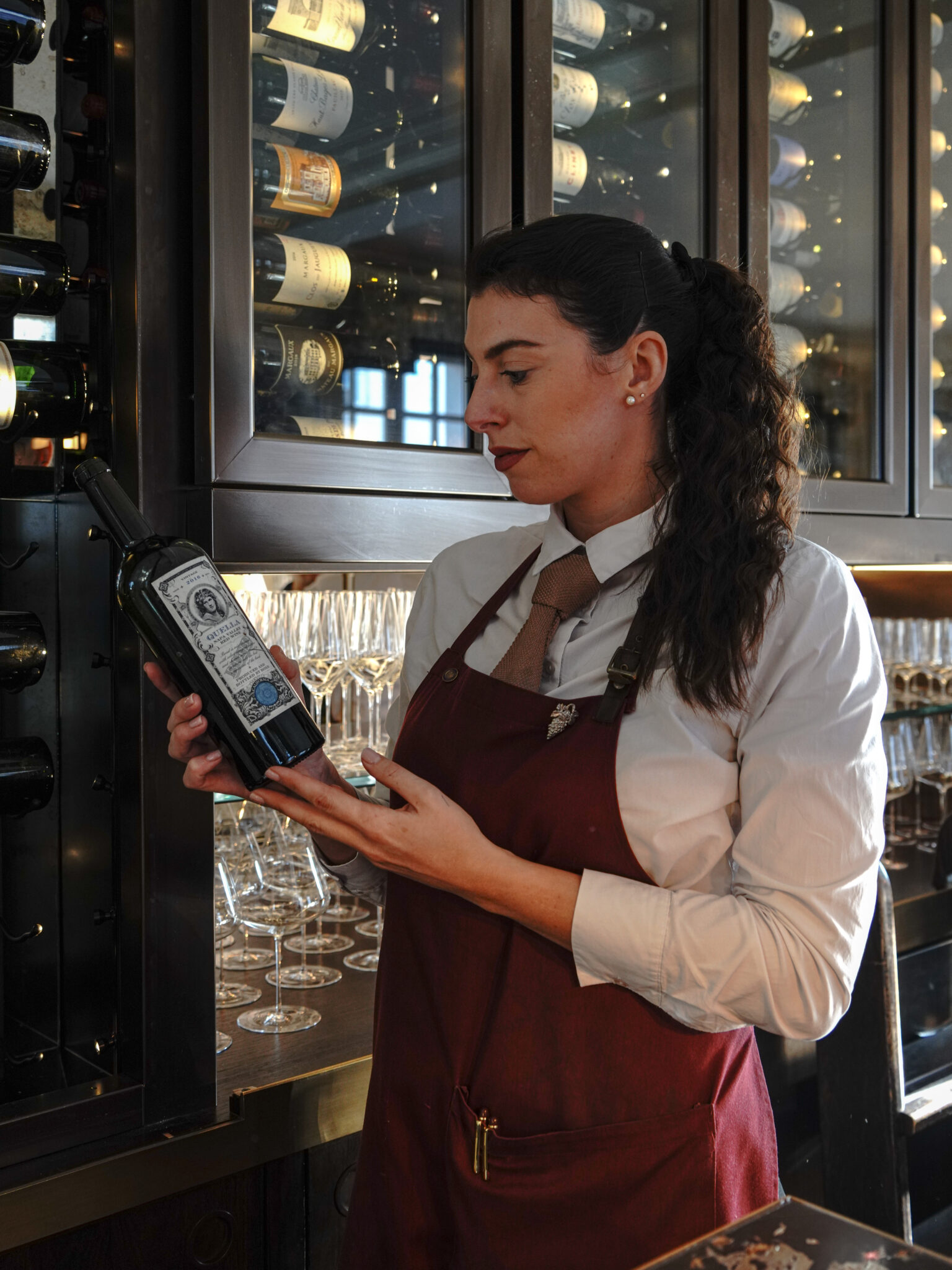

ON
THE
LIST
Mariachiara Faccin
